Top 18 Mulching Techniques for Hot Weather Gardens
Mulching is a key strategy for maintaining healthy gardens during hot weather. It helps retain moisture, regulate soil temperature, and prevent weeds from taking over. With temperatures rising, using the right mulch can make a significant difference in your garden’s success. Whether you are growing vegetables, flowers, or shrubs, the right mulching technique can keep plants hydrated and protected from the heat. These techniques will help you create a thriving garden even when the weather is at its hottest.
This post may contain affiliate links, which helps keep this content free. Please read our disclosure for more info.
Organic Mulch
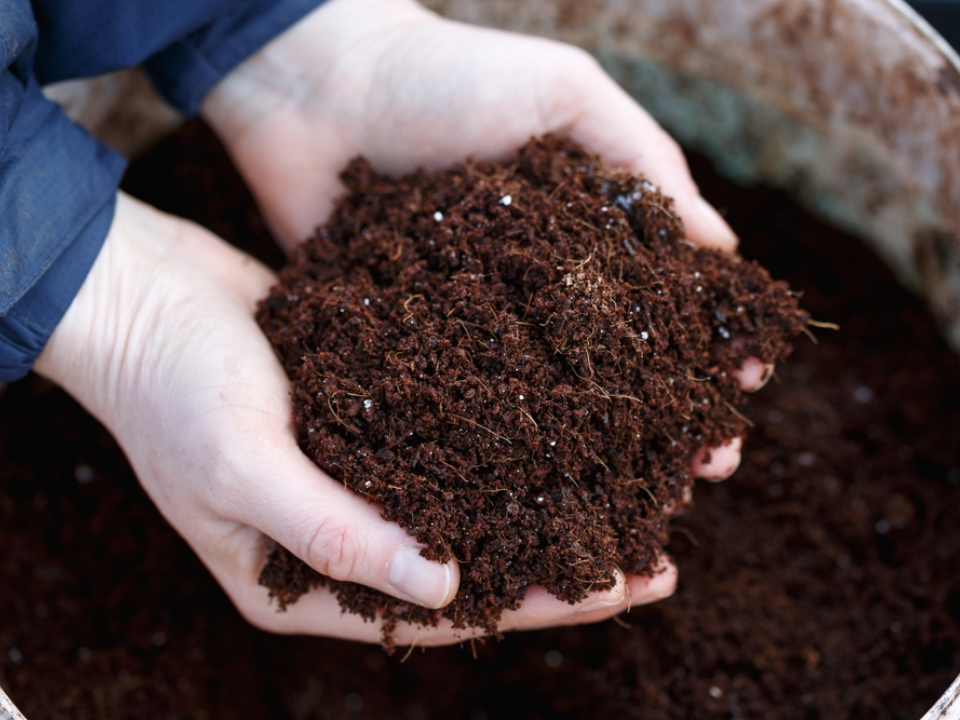
Organic mulch is made from natural materials such as leaves, straw, grass clippings, and wood chips. It is an excellent choice for hot weather gardens because it helps retain moisture in the soil and provides nutrients as it decomposes. The addition of organic mulch can also improve soil structure, allowing it to better hold water and air, benefiting plant roots during extreme heat.
Additionally, organic mulch encourages beneficial organisms in the garden, such as earthworms. These creatures break down the material, releasing nutrients into the soil. It also helps regulate soil temperature, keeping roots cooler during the day and warmer at night. As a result, this type of mulch can improve overall plant health and reduce water usage.
Shredded Leaves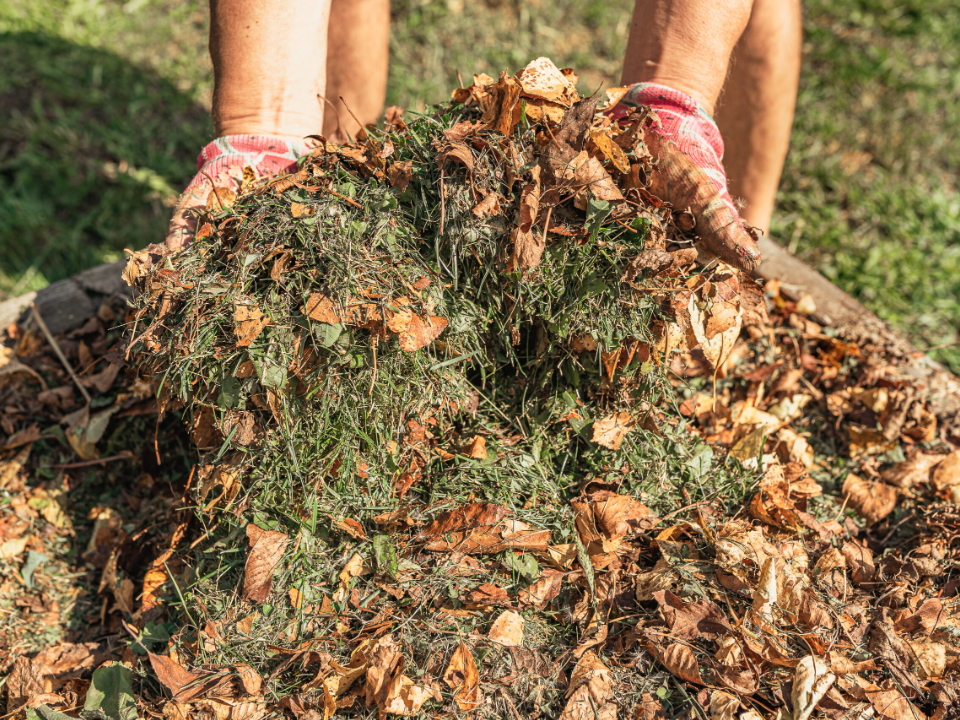
Image Editorial Credit: larisa Stefanjuk via Shutterstock
Shredded leaves are a common mulching material that works well in hot weather gardens. This mulch helps cool the soil and prevents moisture from evaporating, which is critical during hot months. The shredded form ensures that the leaves break down faster and form a thick layer to protect the soil from direct sun exposure.
This type of mulch is also free or very low-cost, as many gardeners already have an abundance of fallen leaves. In addition, it provides valuable organic matter to the soil as it decomposes, enriching the earth with nutrients. Shredded leaves are a great option for covering large areas, especially in vegetable or flower gardens.
Grass Clippings
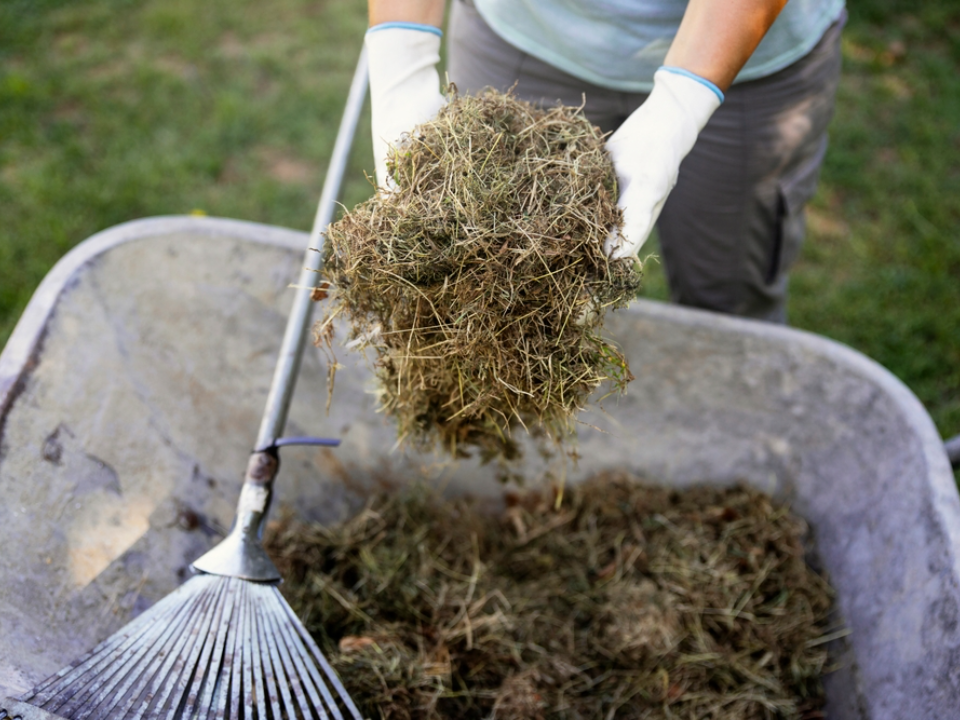
Grass clippings are often readily available and serve as an excellent mulch for hot weather gardens. When spread in a thin layer, they can help keep the soil cool and reduce water evaporation. The clippings decompose quickly, adding nitrogen to the soil, which can benefit plants that require higher nutrient levels.
However, it is essential to avoid using clippings from chemically treated lawns, as the chemicals can harm your garden. Grass clippings should be applied in thin layers to prevent them from matting together and blocking water and air from reaching the soil. When done correctly, they are a highly effective and cost-efficient mulch option.
Straw Mulch
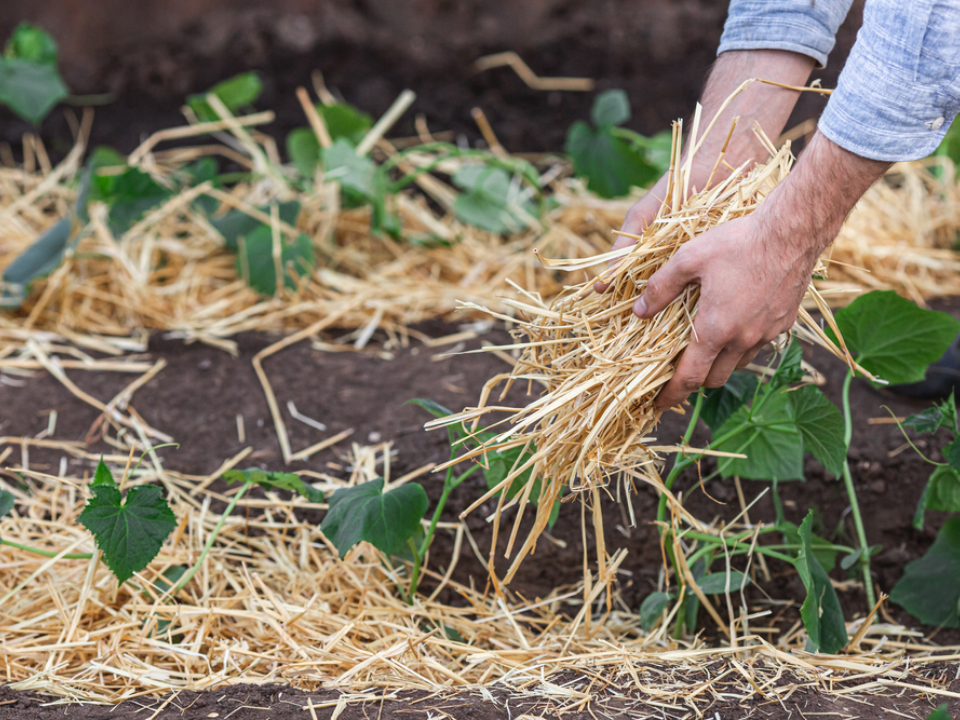
Straw is another excellent organic mulch for hot weather gardening. It provides a light, airy layer that allows water to penetrate the soil while helping to keep the soil cool. Straw mulch is particularly beneficial for vegetable gardens, as it can protect sensitive plants from the sun’s harsh rays and prevent soil erosion.
Additionally, straw is relatively inexpensive and can be sourced locally. As it decomposes, it adds organic matter to the soil, improving its structure. It’s important to avoid hay as mulch, as it often contains seeds that may sprout unwanted plants.
Coconut Coir
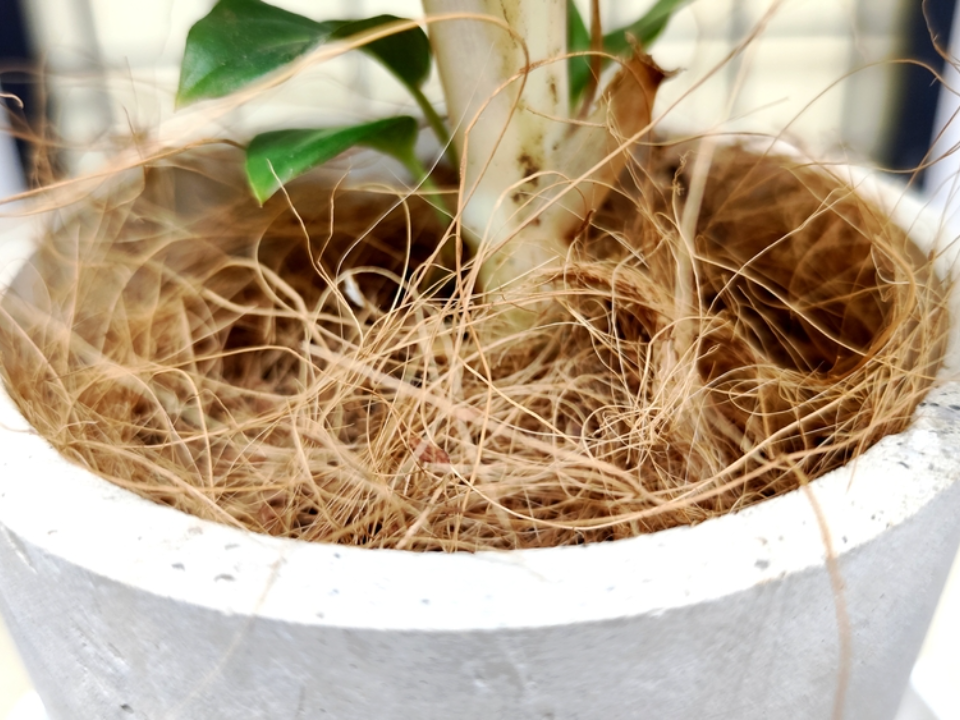
Coconut coir is a byproduct of coconut husks and makes for an excellent mulch in hot weather gardens. This material is lightweight, retains moisture, and provides great insulation for plant roots during hot weather. It also improves soil aeration, preventing compacted soil while maintaining moisture levels in the garden.
Coconut coir can be spread around the base of plants in a thick layer, acting as a protective barrier that regulates soil temperature. This mulch is especially beneficial for gardens with drought-prone plants. It is also eco-friendly, as it is a renewable resource and is biodegradable.
Wood Chips
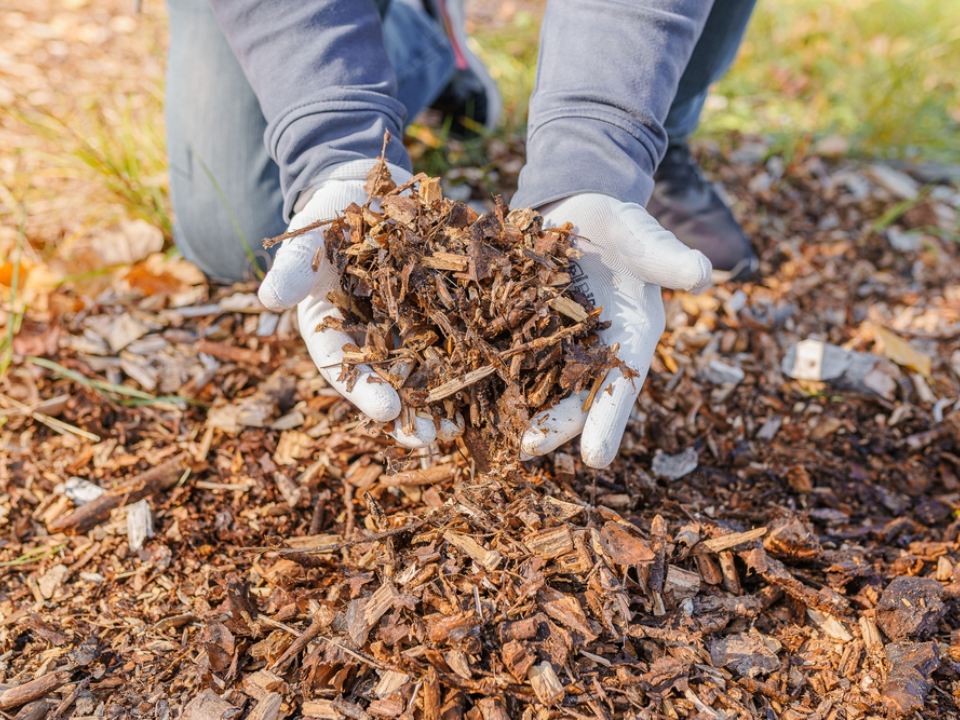
Wood chips are another popular mulching material that works well in hot weather gardens. When applied in a thick layer, they act as a barrier that protects the soil from drying out quickly. The wood chips help keep soil temperatures stable, preventing excessive heat from reaching the roots of your plants.
Wood chips are best used in perennial gardens, trees, and shrubs. They decompose slowly, providing long-lasting protection for your garden. Over time, wood chips will break down and improve the soil, contributing to better soil fertility.
Cardboard Mulch
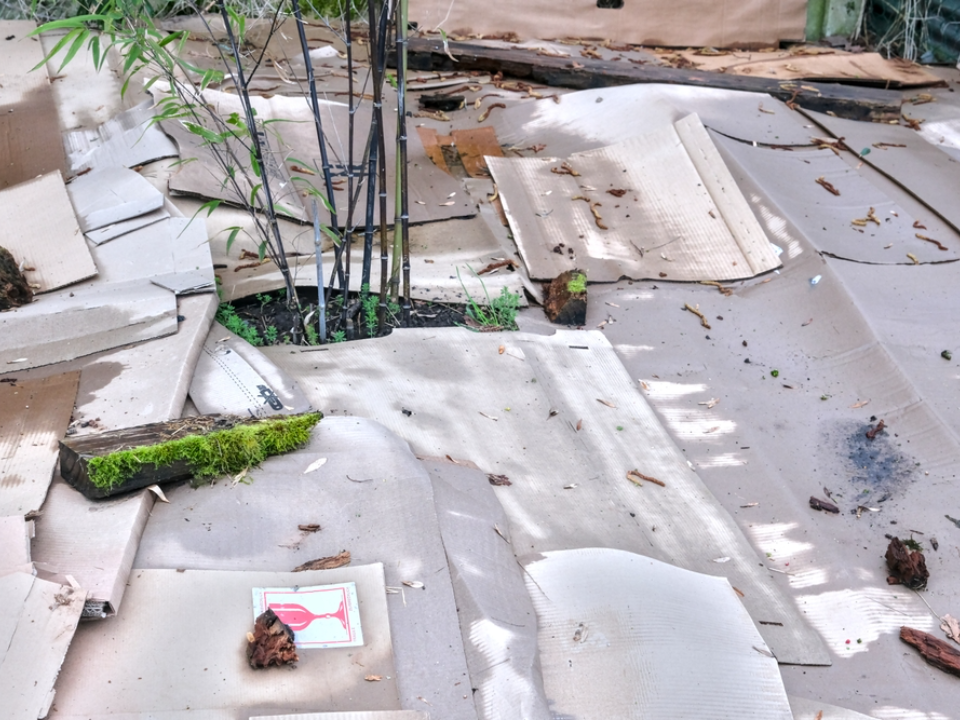
Cardboard can be used as an effective mulch to control weeds and retain moisture in hot weather gardens. By laying down cardboard sheets under the mulch, you create an additional barrier that prevents weed growth while keeping the soil cool. It is also a great option for areas with severe weed problems, as it blocks light and prevents weed seeds from sprouting.
Cardboard mulch is an eco-friendly choice, as it is made from recycled material. Over time, the cardboard breaks down and enriches the soil with organic matter. It can be covered with other types of mulch, such as wood chips or straw, for added protection.
Landscape Fabric
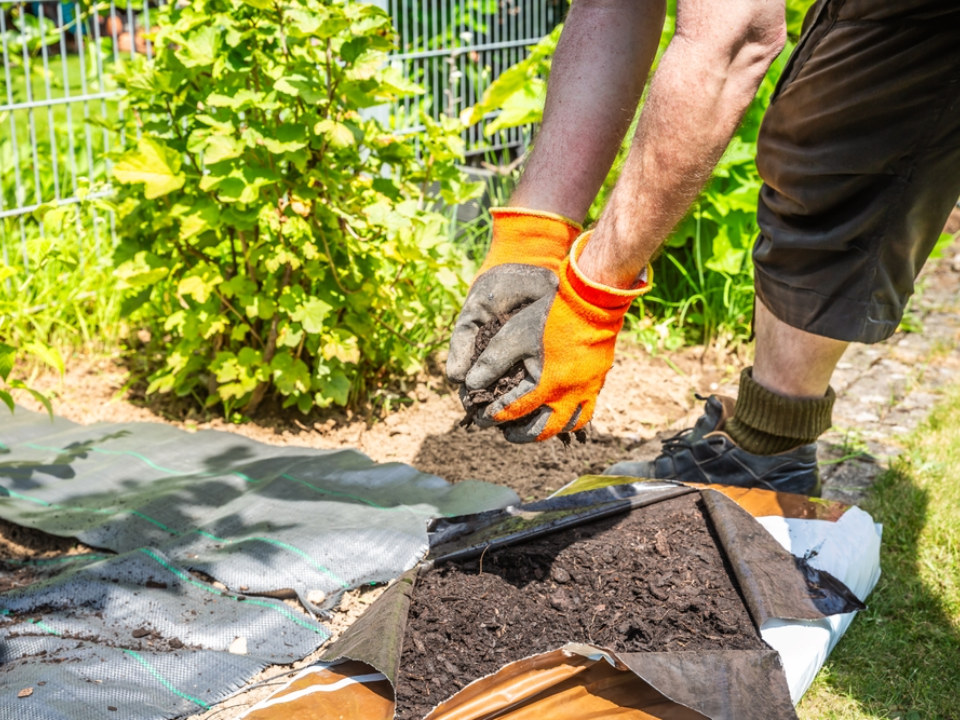
Landscape fabric is a durable material that can be used as mulch to help control weeds and maintain soil moisture during hot weather. It allows water and air to pass through while blocking out sunlight, which prevents weed growth. It can be laid down in garden beds or around trees and shrubs to create a low-maintenance solution for hot weather gardens.
Though it is not biodegradable, landscape fabric can be effective for several seasons, providing long-lasting protection. It is especially helpful in areas where traditional mulches are prone to washing away. To prevent weeds from growing around the edges, ensure the fabric is securely anchored.
Pebble Mulch
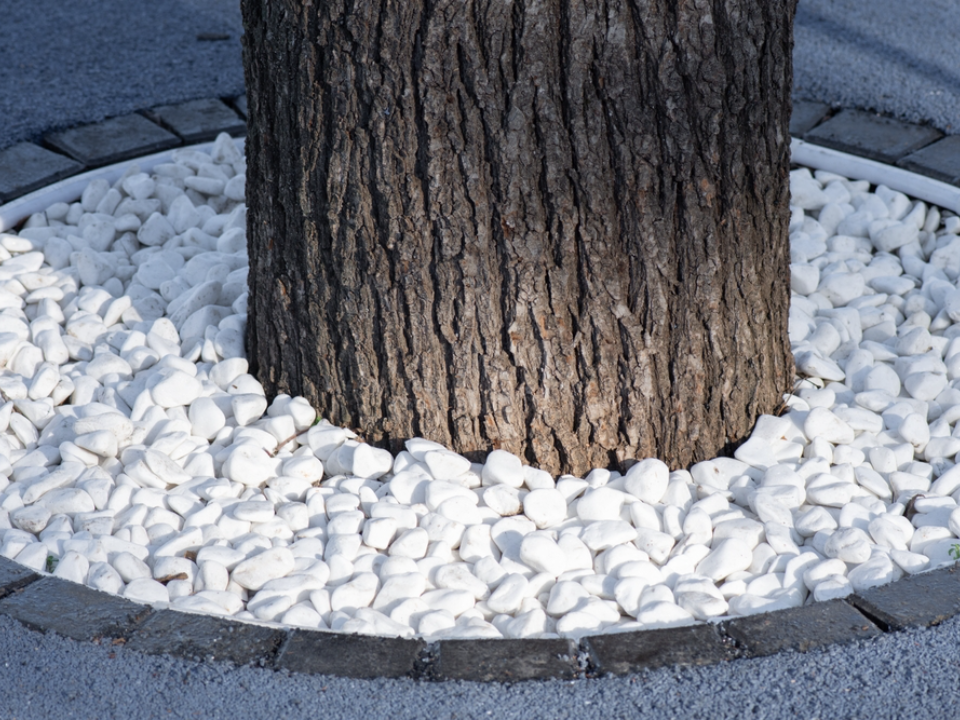
Pebble mulch, or gravel, is a unique option for hot weather gardens, especially in arid climates. It allows for good drainage while helping to reflect heat away from the soil. The small pebbles form a protective barrier that prevents moisture loss, helping plants survive high temperatures without drying out.
Although pebble mulch does not break down like organic materials, it provides excellent protection against heat and wind. It works best for succulent gardens, xeriscaping, or Mediterranean-style landscapes. However, it may require occasional cleaning to maintain its appearance and effectiveness.
Pecan Shell Mulch
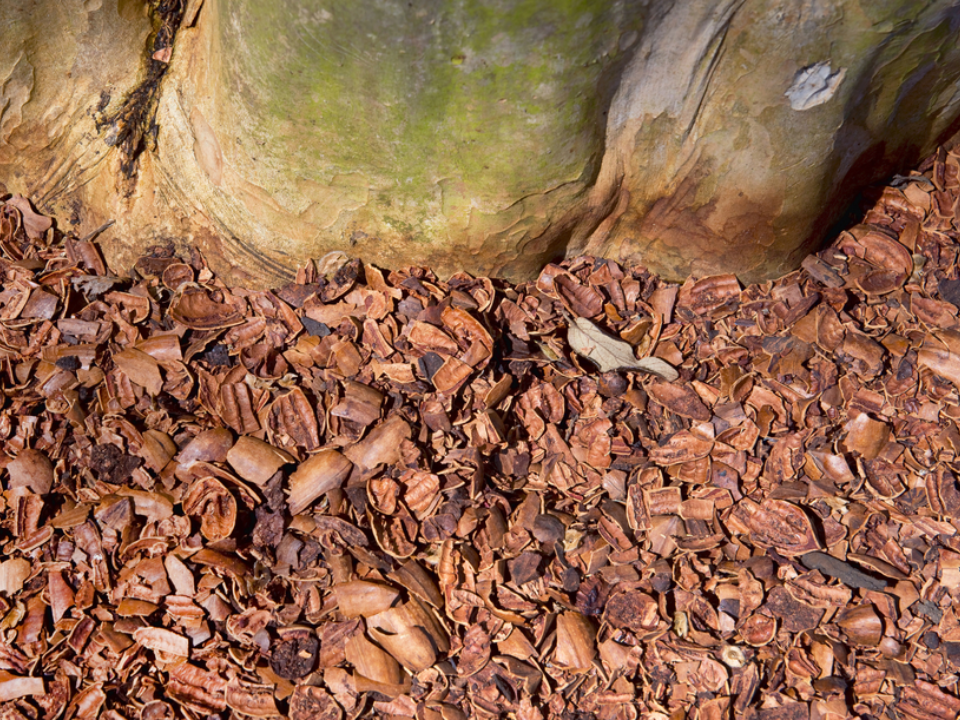
Pecan shell mulch is a type of organic mulch that works well in hot weather gardens due to its ability to keep the soil cool and retain moisture. The shells decompose slowly, providing long-lasting coverage. Additionally, pecan shells are a good source of nutrients for the soil as they break down over time.
This mulch is particularly suitable for flower beds and around shrubs. It also has a pleasant, natural look that complements many garden styles. However, it can sometimes be challenging to find, as it is more common in areas near pecan trees.
Pine Bark Mulch
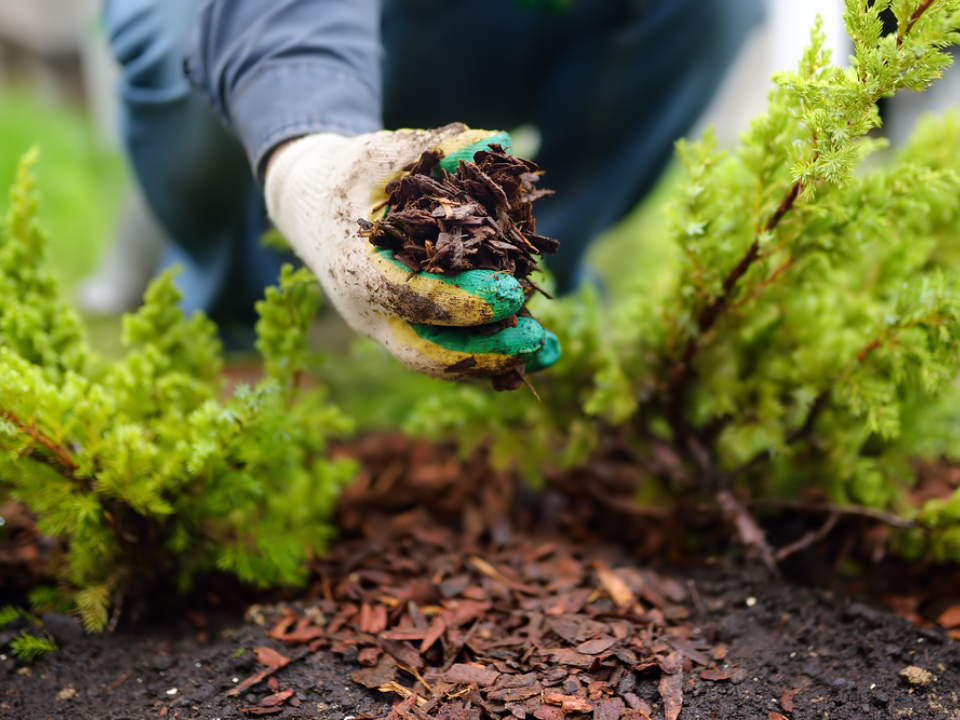
Pine bark mulch is a popular choice for gardens, particularly for plants that prefer acidic soil. It helps retain moisture and prevents soil erosion while keeping the soil temperature regulated. Pine bark breaks down slowly, making it a long-lasting mulch option for hot weather.
This mulch also provides good air circulation to plant roots, which is important in hot weather. It is available in both fine and chunky forms, with the larger pieces being particularly effective at staying in place. Pine bark is also relatively lightweight, making it easy to spread throughout the garden.
Compost Mulch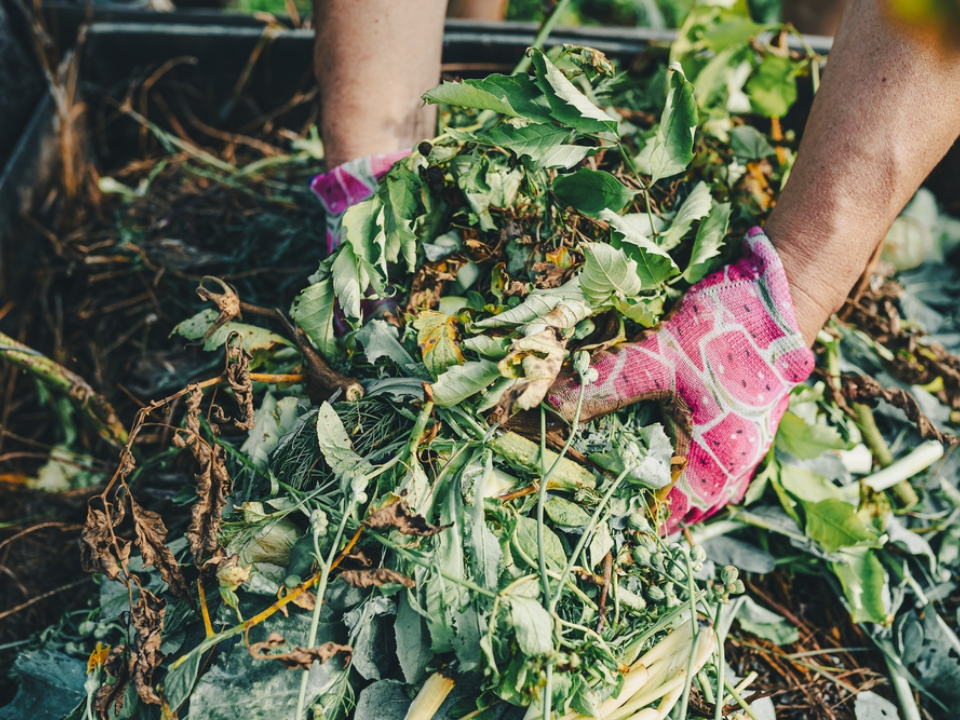
Image Editorial Credit: larisa Stefanjuk via Shutterstock
Compost mulch is made from decomposed organic material and is ideal for hot weather gardens. It helps to retain moisture in the soil while providing valuable nutrients to the plants. When used as a mulch, it also improves soil structure and encourages the growth of beneficial organisms like earthworms.
Compost mulch can be spread over garden beds to protect the soil from excessive heat and prevent weeds from growing. It is especially useful for vegetable gardens, as it enriches the soil and supports plant growth. However, it may need to be replenished more often than other mulches.
Rice Hulls
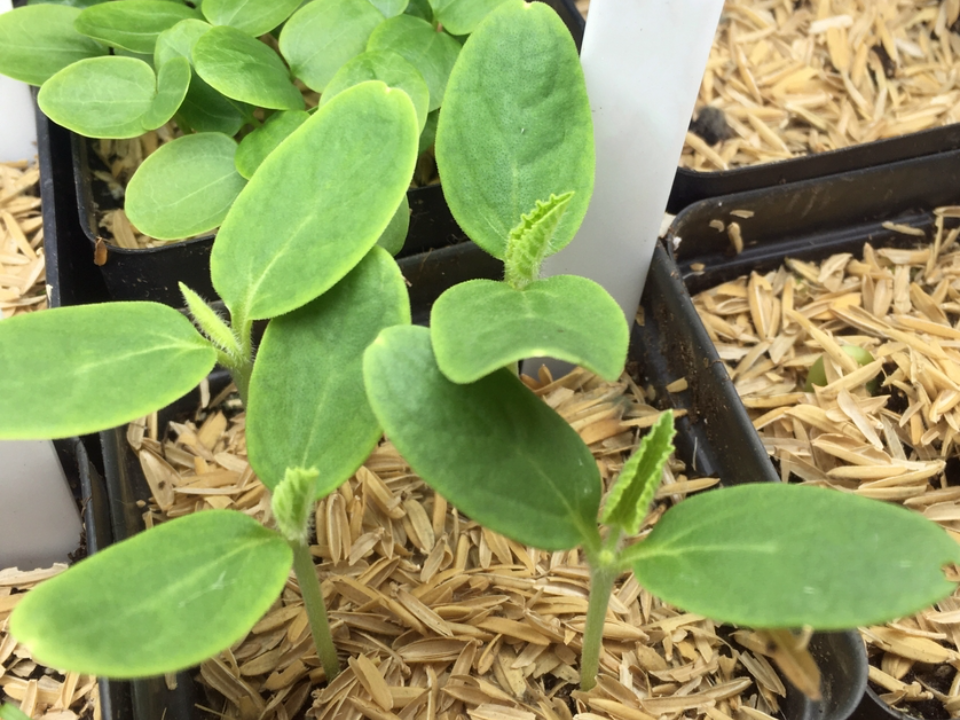
Rice hulls are a lightweight, natural material that makes an effective mulch for hot weather gardens. They help retain moisture and prevent soil from overheating in extreme heat. Rice hulls break down slowly, offering long-lasting protection for your garden beds.
This mulch is particularly suitable for areas where other organic materials may decompose too quickly. It also provides a natural appearance and is an eco-friendly choice. While rice hulls are not as common as other mulching materials, they are becoming increasingly popular due to their sustainability and effectiveness.
Rubber Mulch
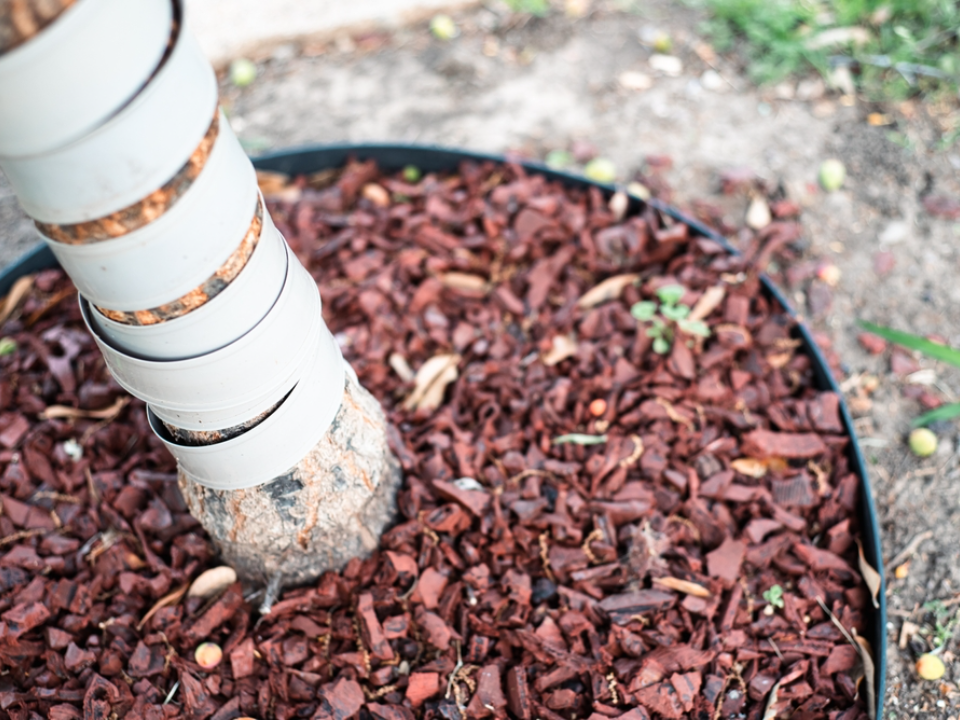
Rubber mulch is made from recycled tires and offers a long-lasting alternative to organic mulches. It is especially beneficial for hot weather gardens because it does not decompose or attract pests. Rubber mulch helps to insulate the soil, keeping it cooler in summer and warmer in winter.
This type of mulch is perfect for playgrounds, paths, or areas where long-term coverage is needed. It also does not compact like other types of mulch, ensuring good water drainage. However, it is important to avoid using rubber mulch in edible gardens, as it may contain chemicals that are not ideal for plant growth.
Banana Peel Mulch
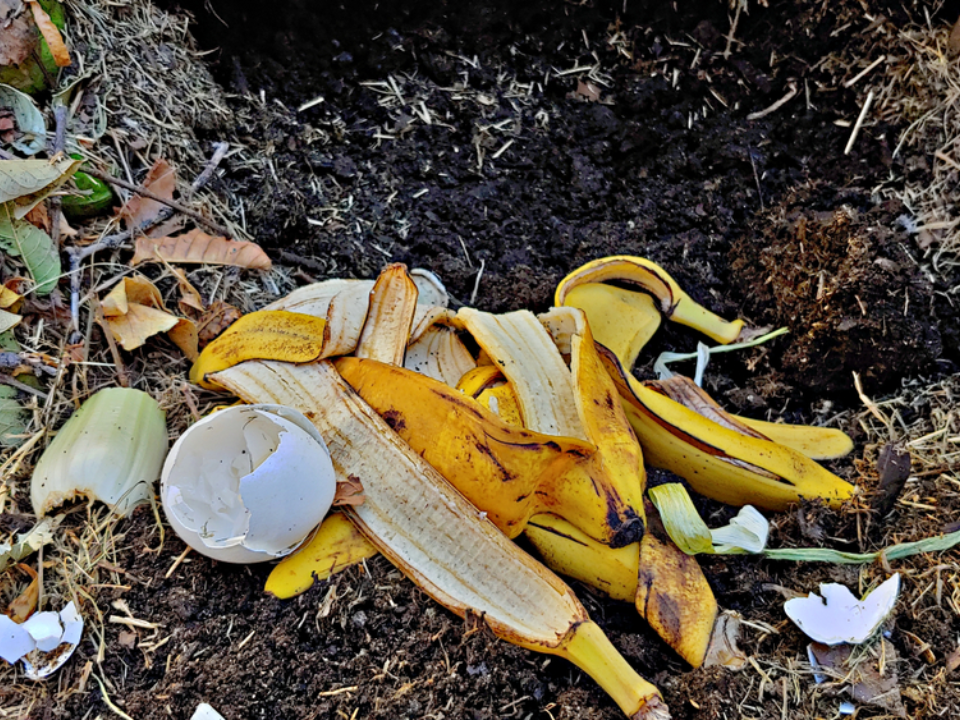
Banana peel mulch is a great natural mulch for gardens, especially in hot climates. Banana peels are rich in potassium, phosphorus, and calcium, which benefit plants as they break down. When used as mulch, banana peels release these nutrients slowly, enriching the soil and promoting healthy plant growth.
This mulch option is particularly beneficial for flowering plants and fruit-bearing trees. Additionally, banana peels help retain moisture in the soil, which is especially important during dry spells. The peels also add a pleasant, natural scent to the garden.
Black Plastic Mulch
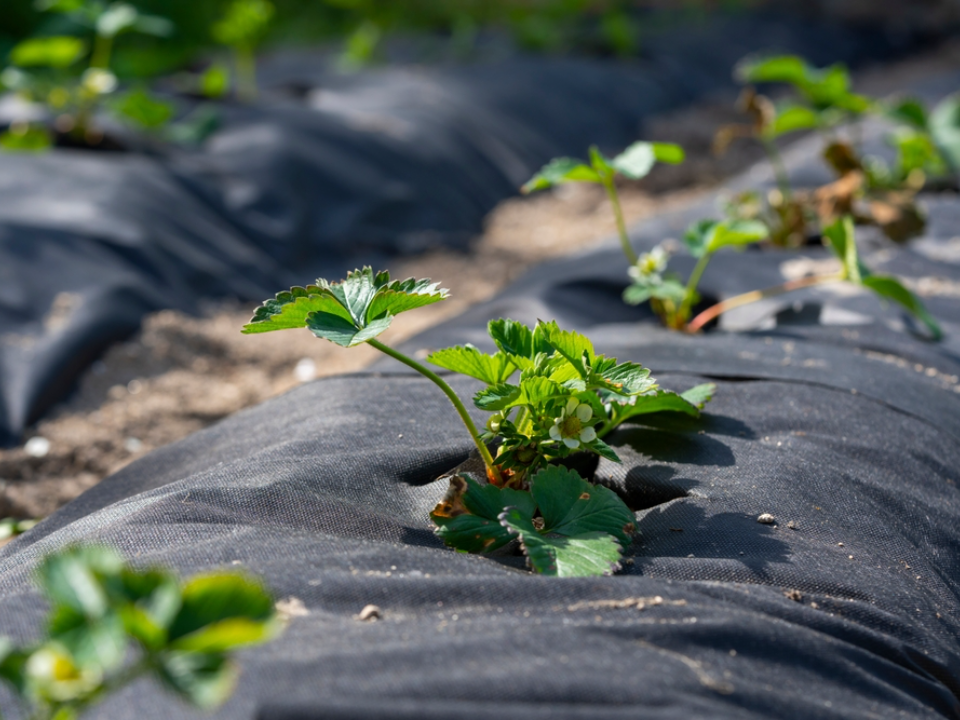
Black plastic mulch is widely used in hot weather gardens to retain moisture and control weeds. The black color absorbs heat, warming the soil, which can be beneficial for some plants that thrive in warmer conditions. This type of mulch is often used in vegetable gardens to extend the growing season and increase yield.
Black plastic mulch is easy to install and can be cut to fit garden beds. However, it is important to monitor soil moisture levels, as plastic can prevent water from penetrating the ground if not used properly. It is a durable option that can last through several growing seasons.
Cocoa Hulls
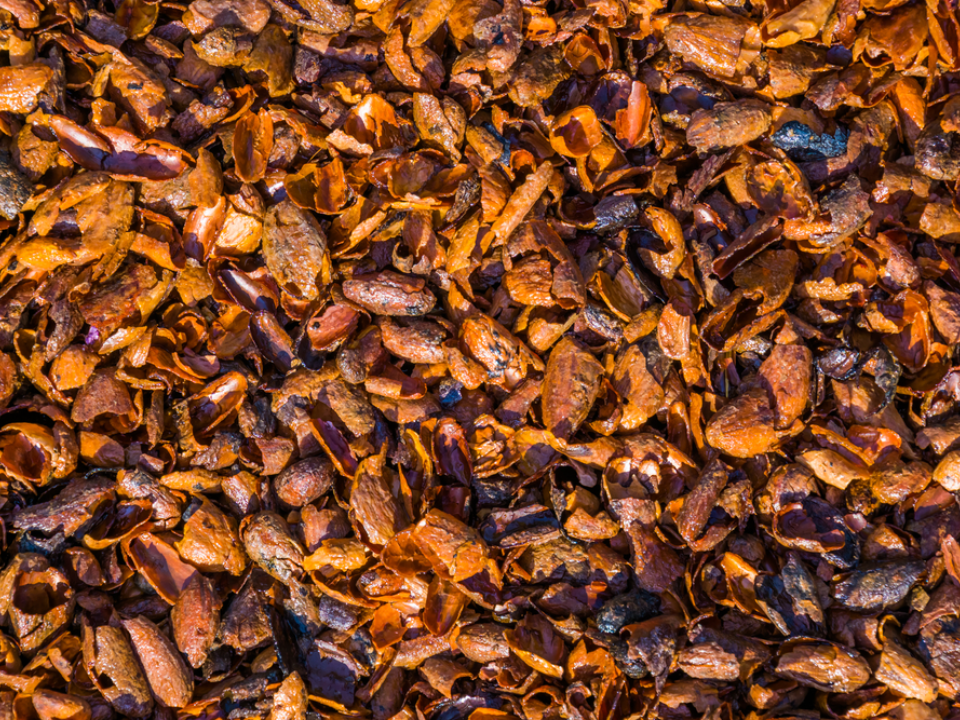
Cocoa hulls, also known as cocoa mulch, are a byproduct of cocoa beans and offer a pleasant, natural mulch for hot weather gardens. This mulch helps retain moisture and keeps the soil cool, preventing plants from drying out. Cocoa hulls are also rich in nutrients, which can be beneficial for plants as they break down.
The mulch has a rich, dark color, which provides an attractive appearance to garden beds. It is ideal for flower beds, vegetable gardens, and around shrubs. However, it is important to note that cocoa mulch contains theobromine, which can be toxic to pets, particularly dogs.
Peat Moss Mulch
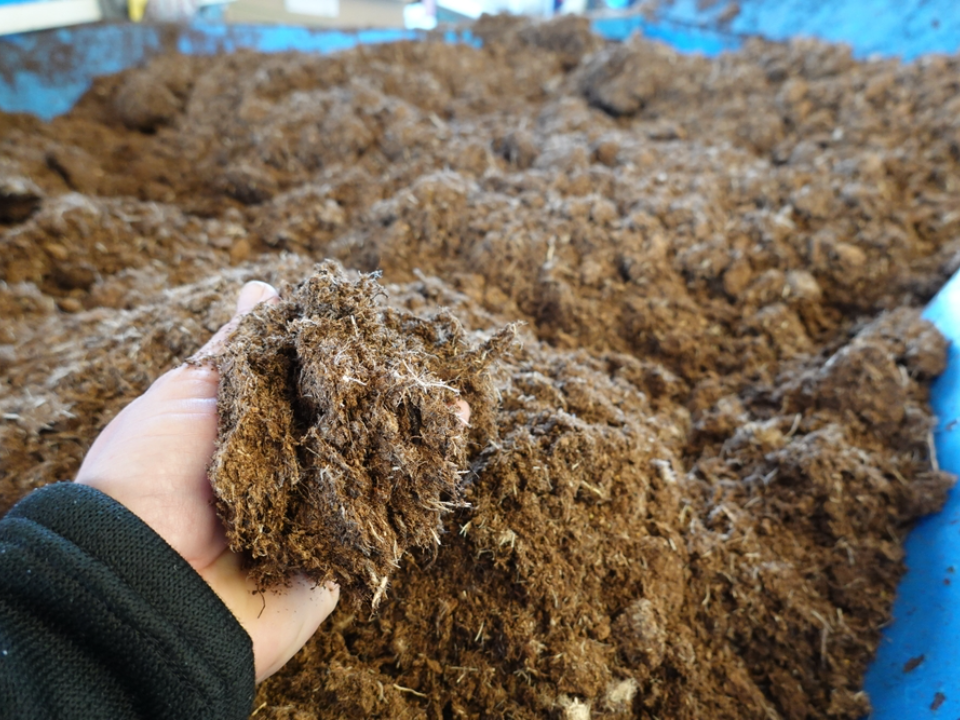
Peat moss is a highly effective mulch option for hot weather gardens. It helps to retain moisture in the soil, keeping plant roots cool during high temperatures. Peat moss also helps improve soil structure, allowing it to retain water and nutrients more effectively.
This mulch is particularly useful for acid-loving plants, such as blueberries and azaleas. Peat moss breaks down slowly, offering long-lasting coverage. However, it is essential to consider the environmental impact of harvesting peat moss, as it is a non-renewable resource.
This article originally appeared on Avocadu.
